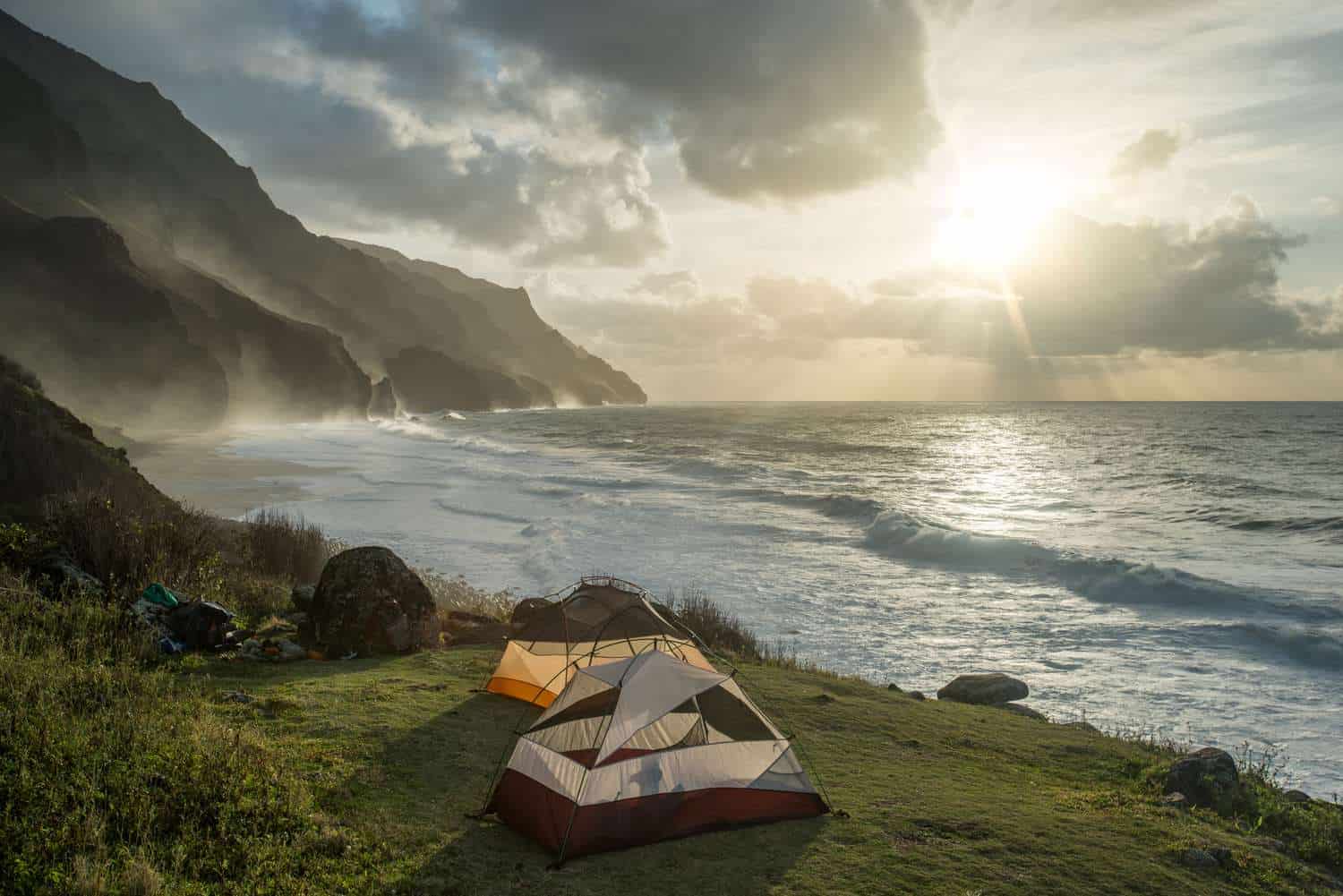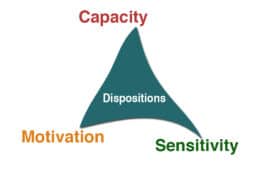Sun, Sand, and Stars: Your Ultimate Guide to Beach Campsites for Families
Hey there, beach-loving families! Are you ready to swap your daily routine for the soothing sound of waves and the thrill of camping under the star-lit sky? Beach camping can be one of the most incredible experiences for parents and children alike to bond and create unforgettable memories. This guide will help you navigate the world of beach campsites with tips, tricks, and advice to ensure you have the best outdoor adventure with your little ones!
Why Choose a Beach Campsite?
Picture this: waking up to a gentle ocean breeze, building sandcastles with the kiddos, and roasting marshmallows over a bonfire as the sun sets over the horizon. Not only is beach camping a fun escape from the hustle and bustle of city life, but it’s also packed with learning opportunities and benefits for the whole family. From better sleep thanks to fresh air, to physical activity through swimming and hiking, beach campsites offer a perfect blend of relaxation and adventure. Plus, it’s an excellent opportunity for kids to learn about nature and marine ecosystems first-hand!
Finding the Perfect Beach Campsite
Finding that ideal spot in the sand where you can pitch your tent and call home for a few days or more is crucial for an enjoyable beach camping trip. If you’re not sure where to begin, start with researching local and national parks, as they often provide excellent beach camping facilities with the bonus of maintained amenities. Consider factors like the type of sand, proximity to the water, campsite facilities, and whether the beach is child-friendly and has lifeguards on duty.
What to Pack for Beach Camping with Kids
Packing for beach camping is all about finding the balance between being prepared and not overburdening yourself with non-essentials. Key items include a sturdy tent with a sand-resistant fly sheet, sleeping bags, camp mats, a cooler for fresh food, sun protection, beach toys, first aid kit, and most importantly, some marshmallows for that quintessential beach bonfire experience. Don’t forget to bring plenty of water to stay hydrated and some insect repellent, just in case!
Setting Up Your Beach Campsite
Once you’ve chosen the perfect spot, it’s time to set up camp. Aim to arrive early to avoid the heat of the day and to secure a good spot, especially if it’s a first-come-first-serve basis. When setting up your tent, make sure it’s facing away from the wind and use sand pegs for extra stability. A shade structure can be invaluable for those midday naps for the kids and respite from the sun. Remember to keep your campsite clean and store food securely to avoid attracting wildlife.
Beach Safety Tips for Campers with Children
Your family’s safety is paramount when it comes to beach camping. Teach your children about rip currents, set boundaries for how far they can go into the water, and always ensure they’re supervised by an adult when near the ocean. Also, be mindful of the local wildlife and ensure your children understand the importance of maintaining a safe distance from any animals they encounter.
This guide is just the beginning of your beach camping adventures. By following these tips, you’re well on your way to making your beach camping experience a joyous and memorable one. Stay tuned for more in-depth insights such as campsite recipes, beach activity ideas, and how to leave no trace to preserve the beauty of our coastal environments. So grab that sunscreen, pack your tents, and let’s set sail for a beach camping excursion that your family will treasure for years to come!

5 Things Parents Should Know When Preparing for Beach Campsites
Preparing for a beach camping trip with your kids requires careful planning and consideration. Here are five things every parent should keep in mind:
- Check the Tides: Before setting up your camp, make sure you know the tidal schedule. The last thing you want is to wake up to waves lapping at your tent. Set up camp well above the high tide line, and if possible, do a little research on the local tide charts in advance.
- Understand the Local Climate: Coastal weather can be unpredictable, so it’s crucial to understand the local climate and pack accordingly. Besides sunshine, you might encounter fog, wind, or even an unseasonal chill. Layered clothing, windbreakers, and rain gear can make your camping experience much more comfortable.
- Sand-Proof Your Setup: Sand is fun, but it can get everywhere! Use fitted sheets instead of blankets for sitting areas to keep sand at bay. Additionally, have a station at the entrance of your tent with water for washing feet or consider a portable foot shower to minimize sand inside your sleeping area.
- Protect Against the Sun: Even on overcast days, the UV rays can be strong, especially by the water. Bring plenty of sunscreen, UV protective clothing, hats, and sunglasses for the whole family. Applying sunscreen should become a regular part of your daily routine while camping on the beach.
- Plan for Mealtime: Salt air and outdoor activities can really work up an appetite. Bring a camp stove or portable grill for cooking, and pre-plan meals that are easy to cook over a fire or stove. Also, don’t forget to secure your food from local wildlife and to manage waste properly to keep the beach clean.
There you have it – with these tips and insights, you’re better equipped to enjoy a fabulous beach camping trip with the family. Remember, a little preparation goes a long way when it comes to having a successful, stress-free holiday. Not only will you create treasured moments with your family, but you’ll also instill a love for the great outdoors and adventure in your little ones. Explore, enjoy, and soak up every second of your seaside retreat!
For more great fun click here. For more information see here
Disclaimer
The articles available via our website provide general information only and we strongly urge readers to exercise caution and conduct their own thorough research and fact-checking. The information presented should not be taken as absolute truth, and, to the maximum extent permitted by law, we will not be held liable for any inaccuracies or errors in the content. It is essential for individuals to independently verify and validate the information before making any decisions or taking any actions based on the articles.




